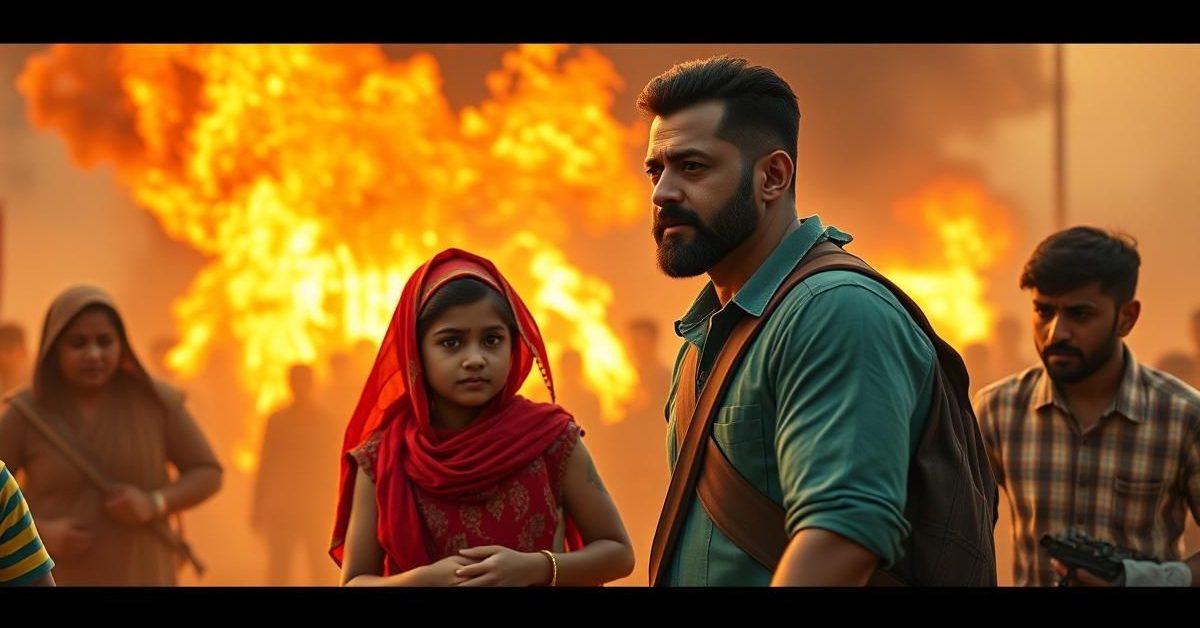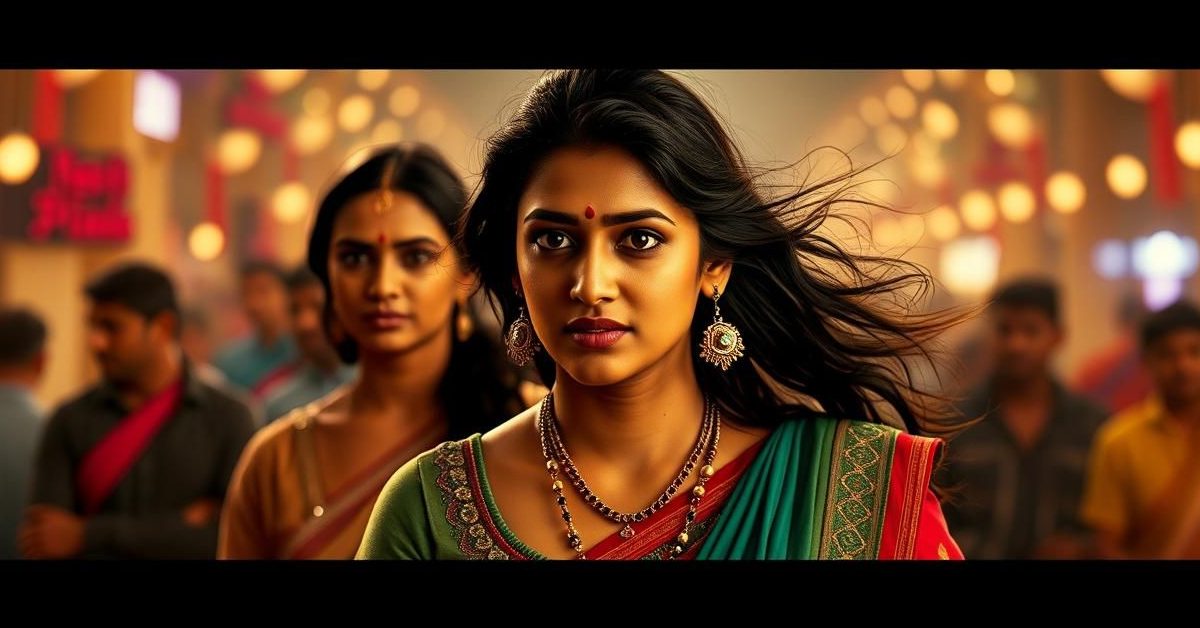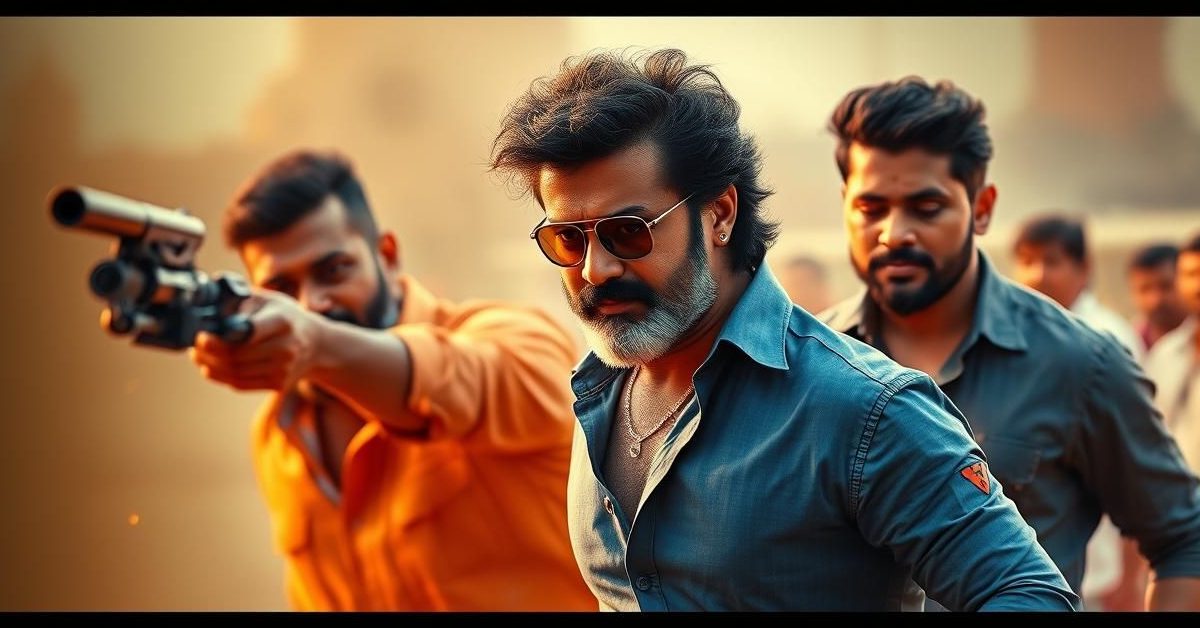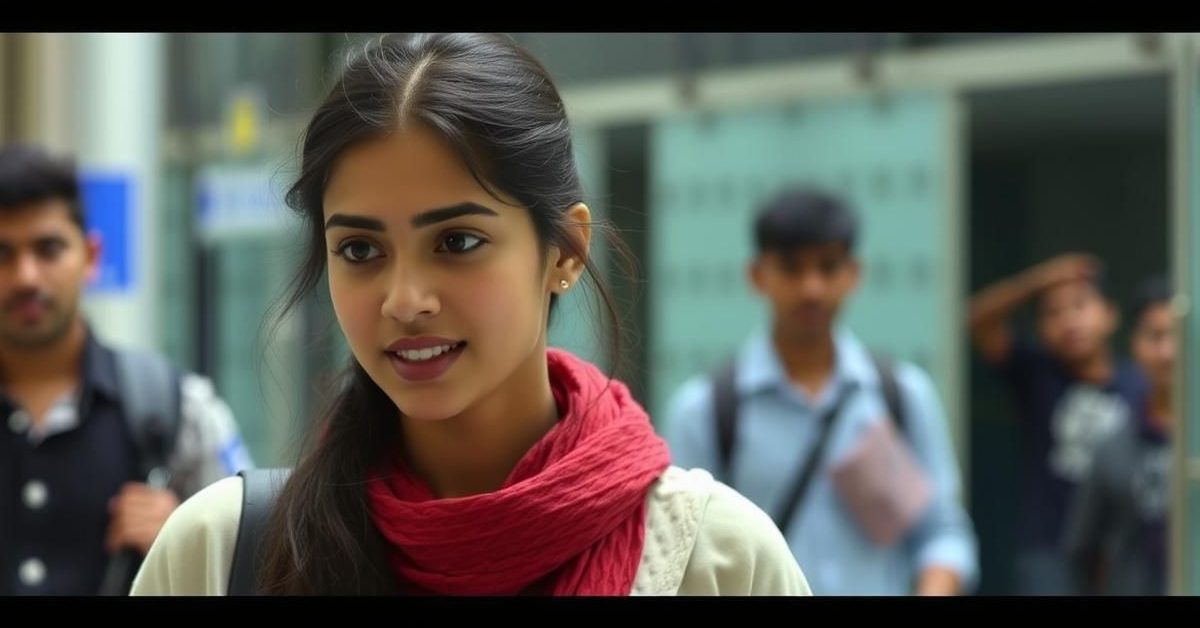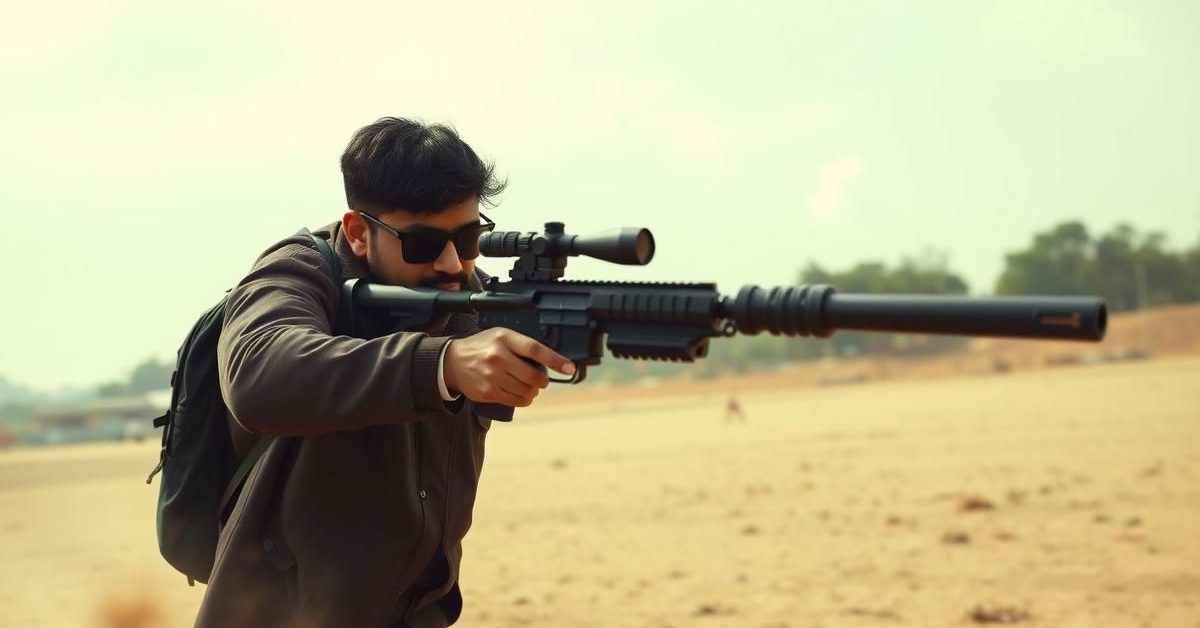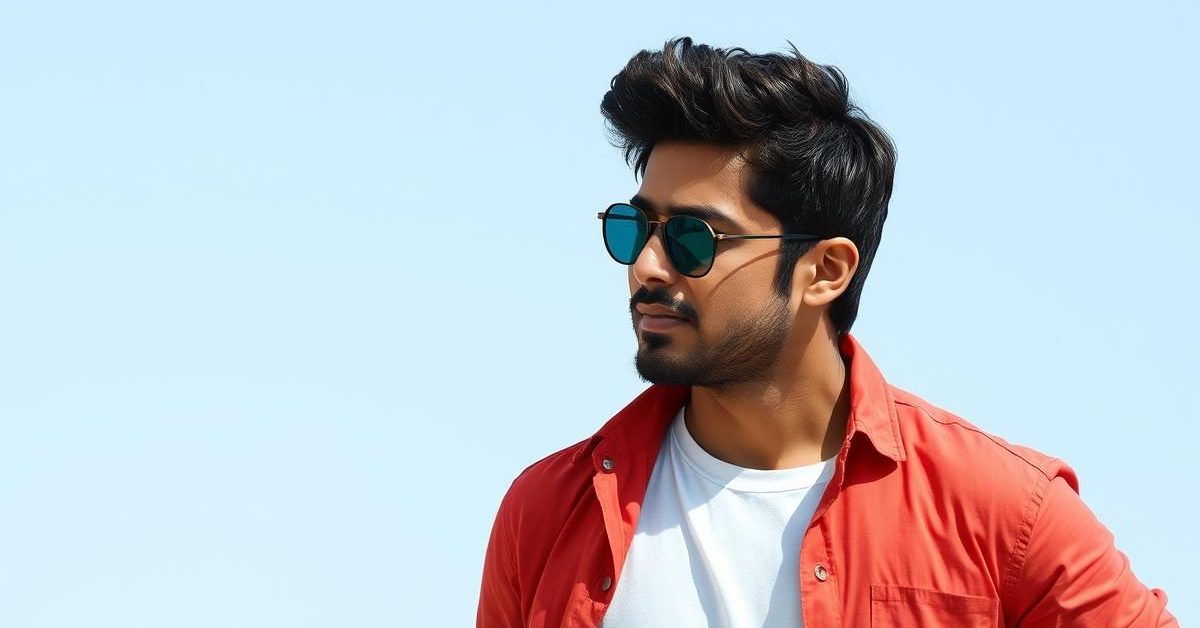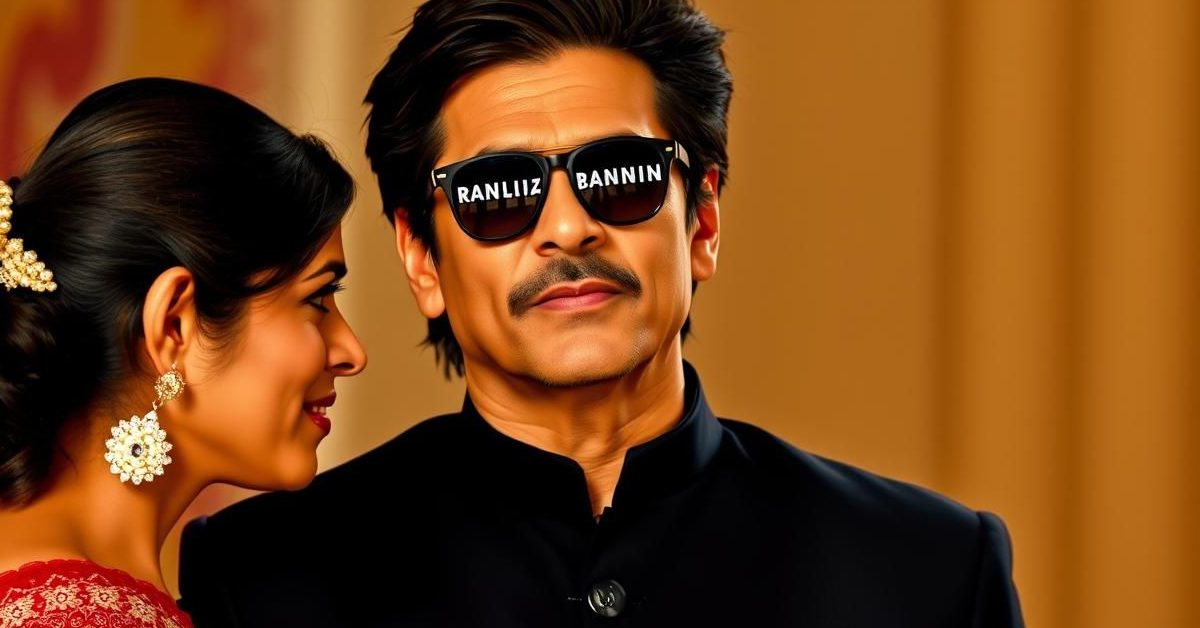Ten years after its release, Salman Khan’s “Bajrangi Bhaijaan” remains incredibly relevant, offering a profound reflection on the societal path India has taken, revealing truths we may have overlooked or actively avoided.
A Film That Foresaw Our Future
They say cinema reflects its times, but some films go further. “Bajrangi Bhaijaan” didn’t just mirror its era; it dialogued with it, resisted it, and even dreamt beyond it. Today, looking back, this film feels less like a simple story and more like a prophetic vision.
The movie, starring Salman Khan as a devout Hanuman bhakt, follows his journey to reunite a lost, mute Muslim girl with her family in Pakistan. While a massive commercial hit, its true depth, particularly its subtle foreshadowing, is clearer now than ever before.
From Hope to Harsh Reality
Upon its release, “Bajrangi Bhaijaan” sparked cross-sectional conversations. It dared to reimagine the India-Pakistan relationship not through conflict, but through a humanitarian lens. This stood in stark contrast to the jingoistic narratives prevalent in cinema then.
A decade later, replicating such a story, especially with a Muslim Bollywood superstar, feels almost impossible. The past ten years have eroded nuance, replaced by narratives of suspicion, fear, and aggressive nationalism that are now cultural hallmarks.
The Unnoticed Foreshadowing
The real surprise lies not in what can no longer be done, but in what was already present, yet unnoticed, in the film’s initial moments. The first half, often overshadowed by the emotional second half, now reveals a sobering clarity.
What seemed like minor storytelling choices back then now read as potent foreshadowing. The subtle tensions and societal cracks the film hinted at have since become prominent highways of public discourse.
Challenging Ideology and Identity
Director Kabir Khan made deliberate choices in the film’s early narrative. Naming Salman Khan’s character “Bajrangi” was a powerful act of reclaiming the word from its violent connotations, anchoring it in a character who embodies compassion.
Both Bajrangi and Rasika (Kareena Kapoor Khan) are depicted as disappointments to their fathers, who represent patriarchal conservatism. Bajrangi’s father is an RSS shakha head, while Rasika’s father openly expresses bigotry towards Muslims. These aren’t accidental details; they are critical signals.
Bajrangi, in his modesty, confesses he had “absolutely no interest” in subjects dear to his father, signaling an ideological break. He is not the hyper-masculine hero typically celebrated by right-wing narratives. Similarly, Rasika challenges her father’s prejudices, unflinchingly pushing back against his biases.
Food as a Bridge, Not a Barrier
Perhaps the most tender and subversive moment in the first half is the “Chicken Kuk-Doo-Koo” song. A strict vegetarian Bajrangi sings about chicken to bring a smile to a homesick Muslim girl. This simple scene transforms food, often a site of division, into a language of care.
Watching this scene now, a decade later, is particularly poignant. Our country has witnessed food become a catalyst for violence, with families facing eviction or worse, based on their diets or surnames, all in the name of purity and control.
A Lingering Message
“Bajrangi Bhaijaan” wrapped its societal critiques in a utopian second half, making us believe love could overcome politics and kindness could defy borders. Perhaps we needed that hope then, and perhaps we still do. We need that “noble foolishness” that insists a man can cross nations for a child he barely knows, that tenderness is not weakness, and that faith need not harden into hate.
If Bajrangi once helped us imagine what was possible across borders, perhaps now he can help us remember what we’ve begun to forget within our own. The journey today might be an expedition within ourselves.
